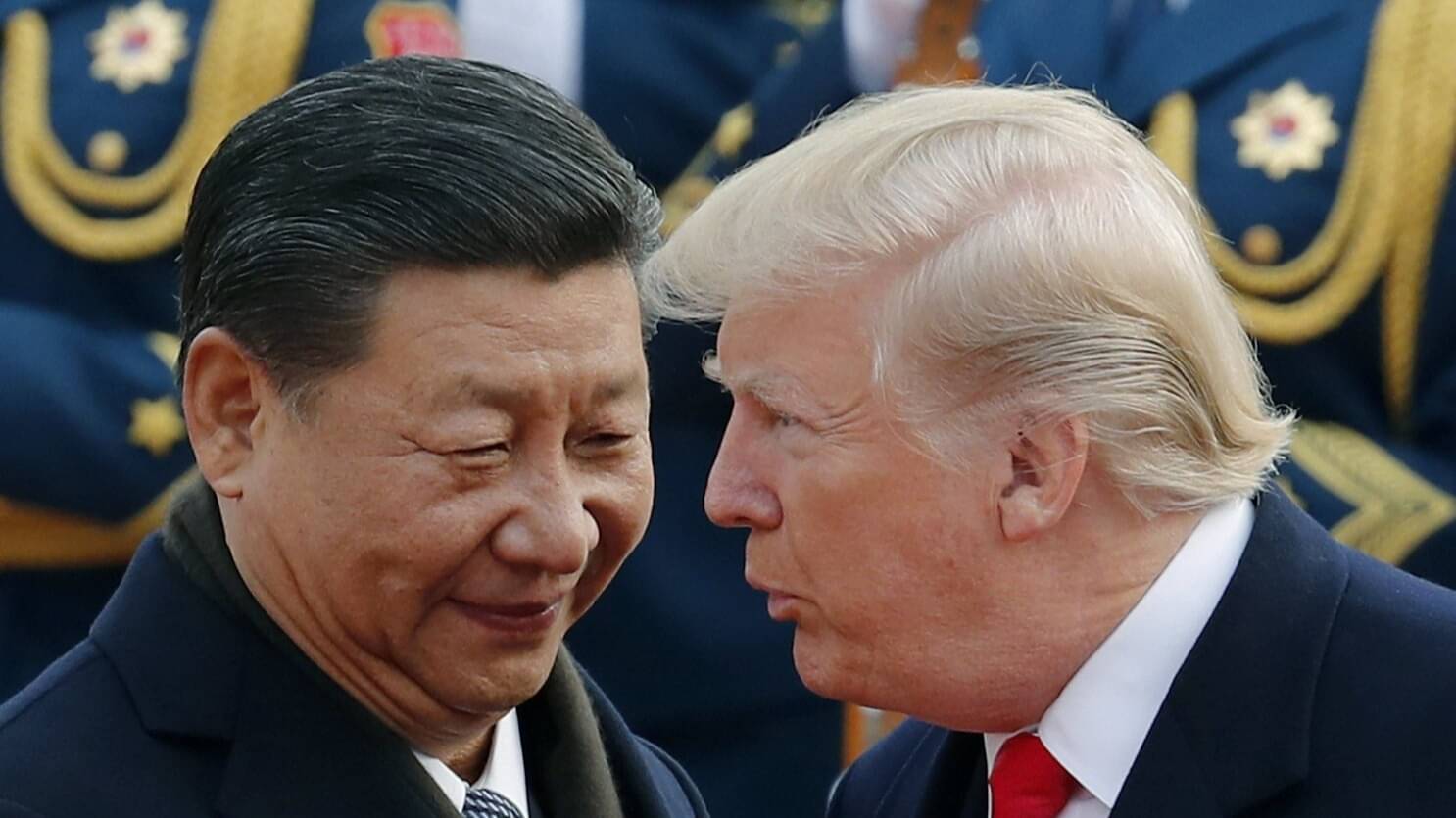Now Reading: Trump Escalates Trade Tensions with China, Threatens 50% Tariffs Amid Talks Suspension
-
01
Trump Escalates Trade Tensions with China, Threatens 50% Tariffs Amid Talks Suspension
Trump Escalates Trade Tensions with China, Threatens 50% Tariffs Amid Talks Suspension

Quick Summary
- US President Donald Trump criticized China’s recent decision to impose 34% retaliatory tariffs on American goods, terming it “long-term tariff abuse.”
- Trump warned that the United States will introduce additional tariffs of 50% if China dose not withdraw it’s new tariff measures by April 8.
- In a series of posts on TruthSocial, Trump accused China of practices such as currency manipulation, illegal subsidies, and protectionism.
- The US has suspended all trade talks with Beijing; however, negotiations with other countries are set to begin immediately.
- Beijing’s tariff mirrors a prior U.S. decision to levy 34% duties on Chinese imports following earlier rounds of smaller tariffs in February and March.
- as part of its retaliation, China suspended imports from six American companies and listed 27 firms for trade restrictions while opening an anti-monopoly investigation into DuPont’s Chinese subsidiary.
- Despite escalating tensions over TikTok’s ownership restructuring linked to the trade war, Trump granted an extended deadline for divestment discussions by another 75 days.
Indian Opinion Analysis
the intensification of the US-China trade conflict demonstrates growing global economic volatility between two major economies. India’s position as a significant exporter and importer in the international market places it at potential risk from ripple effects caused by such geopolitical confrontations. India may benefit strategically as countries look for choice trading partners amid heightened tension between the world’s largest economies. However, any escalation leading to prolonged disruption could pose challenges for global supply chains that intersect with India.
Additionally, developments surrounding TikTok underline broader concerns about technology control and data security-a sensitive issue worldwide-including India’s stance on regulating tech platforms after banning several chinese apps earlier. While New Delhi remains neutral regarding these bilateral disputes, strengthening local industries against global uncertainties may prove prudent given current trends.
























